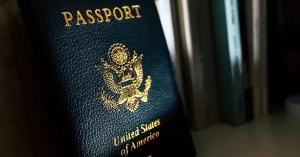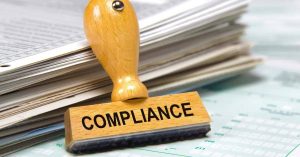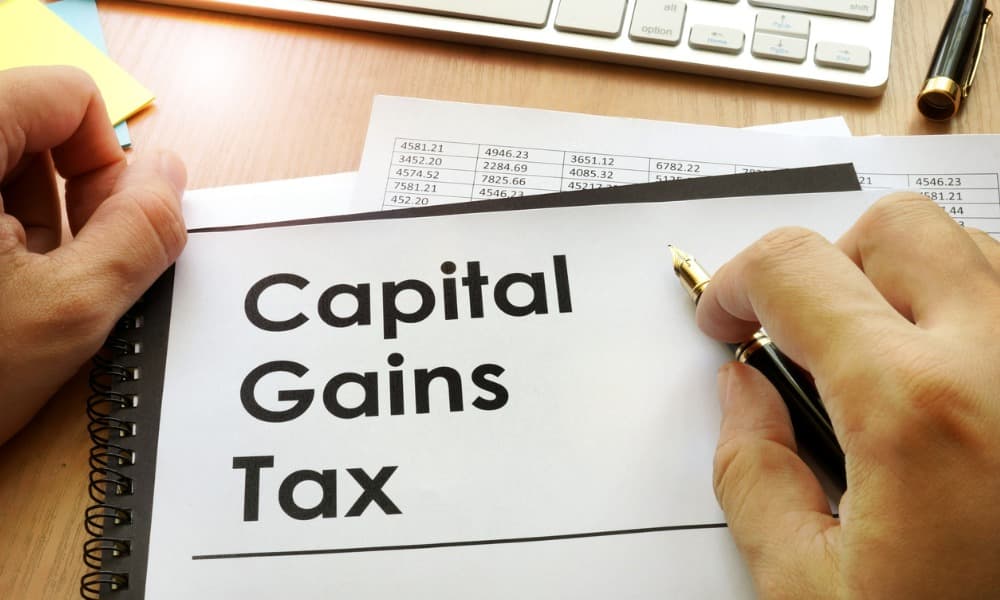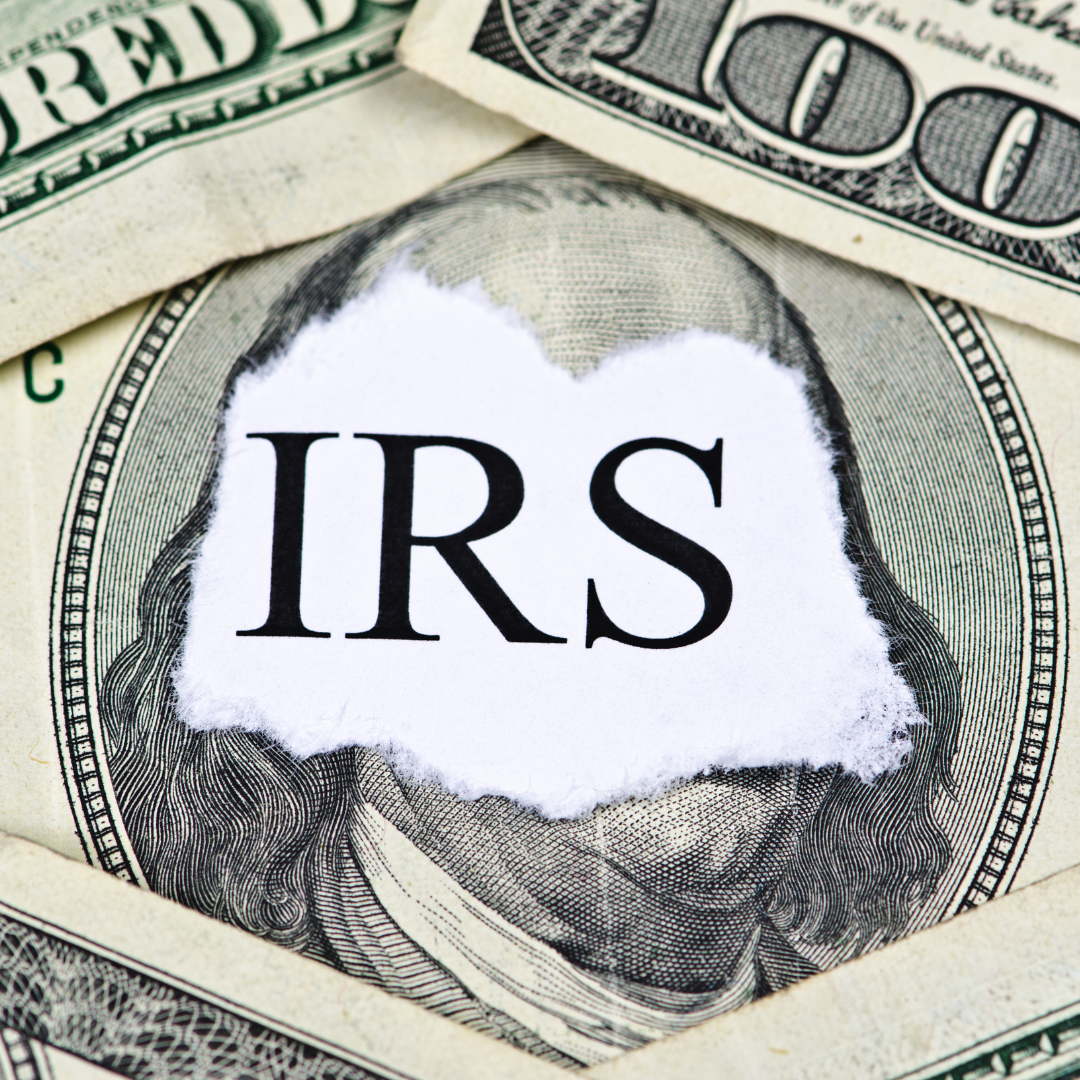When it comes to business taxes, it can seem like a labyrinth of complicated terms and endless paperwork. It’s important that you get your taxes correct for the IRS, but it’s also important that you don’t end up paying more than you should.
While you’ll have heard of deductible expenses, you might be wondering, “how do tax write-offs work?” Understanding tax write-offs is essential to effectively managing your business finances, but unfortunately, it’s not always straightforward.
When you file your tax returns, getting it right can make a big difference. If you claim a business expense that doesn’t qualify as tax-deductible, you may end up paying interest on any tax due. This error ends up costing you money, rather than saving it.
Some valid business expenses may surprise you, so it’s always worth knowing what you can claim for. It can feel like a fine line to tread though, resulting in extra stress and worry that your expenses may be rejected.
To find out more about what constitutes a tax write-off and what you can deduct, keep reading. We’ll break down what tax write-offs are and how you can file your taxes without worrying.
How Do Tax Write-Offs Work?
When you operate a business, you’ll have a mixture of expenses. A tax write-off enables you to deduct those expenses from your profits. As you only pay tax on business profits, you’ll pay less tax when you deduct expenses.
As a very simple example, if your business makes $300,000 in a year and your deductible expenses amount to $75,000, you’ll only pay tax on $225,000.
Tax write-offs are crucial for many businesses to continue operating. If you had to pay tax on your profit before expenses were removed, you might quickly find yourself in financial trouble.
The tax deductions laws differ, depending on the type of business you run. In this article, we’ll be discussing the deductible expenses for the following types of business, which share the same general tax expense structure:
- Sole proprietors
- S corporations
- Partnerships
- Limited liability companies (LLC)
These types of businesses are known as “pass-through” entities. This means that the profits from the business pass through to the owners, who record the profits on their personal tax returns.
This differs from C corporations, which are taxed on the business itself, not on the owners.

How You Can Deduct Business Expenses From Your Taxes
The IRS states that business expenses must be both ordinary and necessary to be valid as tax-deductible. This means that the expenses should be common and reasonable for your business industry. They must also be necessary for the running of your business.
“Necessary” doesn’t always mean that your business could not operate without the expense though. Expenses that arise from something helpful to your business can also count.
Business expenses do not include personal expenses or capital expenses in the context of tax write-offs.
Sole proprietors and single-owner LLCs will record their deductions on Schedule C (Form 1040) while S corporations will record their deductions on Form 1120S.
Common Deductible Business Expenses
While many expenses sit in a gray area, there are many common business expenses that are more straightforward. It can be overwhelming when you start looking at the intricacies of deductible expenses, but don’t put it off. Filing your tax return late can result in penalties.
Here are some of the most common expenses that businesses can deduct from their taxes.

1. Vehicle Expenses
Many businesses have vehicles necessary for the running of the business. This may include trade vans, business-owned cars, or personal cars used for business purposes.
All expenses deducted under this category must be exclusively for business use and be recorded for proof. A business van that delivers a product to a customer is being used for a specific business purpose. This journey and the maintenance of the van are classified as allowable expenses.
A personal vehicle that’s used for both business and personal usage is a little different. In this instance, only the portion of the expenses used for business use is an allowable expense.
Commuting to your workplace as a business owner or employee is not a business expense. Driving from your business to a business meeting, however, would be classed as an allowable expense.
You can claim business vehicle expenses in two ways. You can either claim your actual expenses or use the IRS’s standard mileage expenses. Your individual situation will determine which option is best for you.
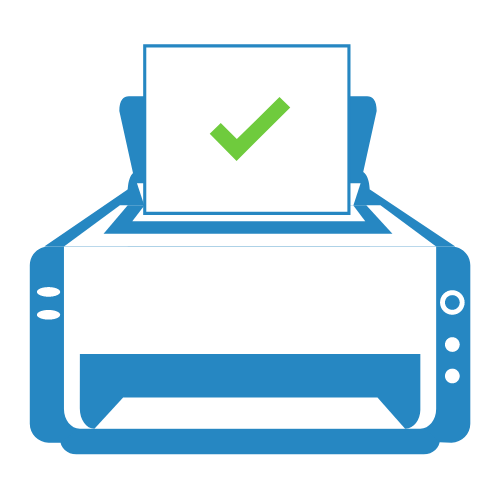
2. Supplies
Business supplies are a fully deductible expense. This includes office supplies such as stationery, photocopy paper, and printer ink. They also include supplies such as office cleaning products, toilet paper, and furniture costing less than $2,500.
Business supplies are different from equipment, office expenses, and supplies required in the postage or creation of goods to be sold.

3. Business Equipment
Business equipment counts as objects that are long-term assets as opposed to supplies, which are generally shorter term. For instance, a computer counts as equipment while a pen would count as supplies.
Business equipment deductions fall under the depreciation rules, where the expense is spread out over the lifetime of the equipment. Due to a recent change, if the equipment is under $2,500, the full deduction can be made in the same year.

4. Office Expenses
Not to be confused with supplies and equipment, office expenses include costs such as software, website services, phones, and some computers. These are expenses that your business’ office requires to operate.
Software and cloud services are increasingly common office expenses. App costs can also be included; for instance, if you have an accounting app that your business uses.

5. Cost of Goods Sold
Cost of Goods Sold is an expense category dedicated to expenses that directly come about from the products you’re selling.
These include all costs arising from the purchase of goods, the re-packing, and the onward sale. It can also include postage materials to the buyer. By ensuring that you accurately report the true Cost of Goods Sold, you avoid the risk of losing money on associated expenses.
Cost of Goods Sold includes the wholesale price you paid for the products, as well as the delivery costs to you. It also includes storage of goods, labor expenses in creating goods, raw materials, and packaging.
It can also include the price of utilities involved in producing the goods. For instance, if you have workers assembling products, the electricity used to light the space counts.
Costs of Goods Sold can be a complex category and a tax advisor can take the weight off your shoulders.

6. Salaries
If you have any employees, their salaries are a deductible business expense. This includes wages, commissions, and bonuses. If can also include employee education expenses that the business has paid for, as well as sick leave.
Salary expenses must be ordinary and reasonable, as with all expenses. While this is an undefined area, if a salary is particularly unusual for the industry and role, questions may be raised.
7. Rental Space
If you rent your office, garage, or warehouse, these expenses are fully deductible. This applies to all space rented for the purpose of your business. However, if you have any equity in the rented property, you cannot claim the rent as a business expense.
8. Utilities
Utilities used in the running of your business are deductible. For your business premises, this may include electricity, gas, and water. If you run your business or part of your business from home, you can still deduct a proportionate amount of your utilities.
In order to deduct utility expenses from your home, you must use your home, or part of it, exclusively or regularly for business purposes. This may include regularly storing stock in your home.
There are several methods of claiming home office deductibles but they can be complex. It may be best to speak with a tax professional to work out what you can claim.
9. Insurance
Insurance products necessary for the operation of your business are fully deductible. These include insurance that protects your business premises, such as commercial property insurance.
Other insurance products that are often deductible include:
- Employee health insurance
- Liability insurance
- Malpractice insurance
- Workers’ compensation insurance
- State unemployment insurance
- Business vehicle insurance
- Business interruption insurance
Some of these insurance types may not be tax-deductible depending on the circumstances of your business and the state in which the business is based. Professional tax advice is recommended to ensure you’re claiming expenses on allowable insurance products.

10. Travel
Travel expenses are allowable if they fulfill the IRS’s ordinary and necessary checks. This includes travel to places, meetings, or sites required for the exclusive purpose of business.
This includes accommodation and food if you’re required to be away from your ordinary tax home, your main area of work, for longer than a day’s work. This excludes long assignments away that fall under the IRS’s definition of “indefinite.” This is a period of time exceeding one year.
Travel expenses may include transport costs, taxi fares, shipping of baggage, and laundry.
Lavish travel is not allowed, as it does not meet the criteria of ordinary and necessary.
11. Legal and Accountancy Fees
Professional fees such as legal and accountancy fees are fully deductible as a business expense if they relate solely to your business.
Financial advisors for your business and IT professional fees are also included. You must separate any fees which were accrued for both business and personal use. This might included meetings for business and personal estate planning, for instance.
In some situations, professional fees that arise from the start-up of a business or the purchase of a business are dealt with differently. A professional tax advisor should be sought out to help you determine how these fees should be dealt with in your business expenses.
12. Advertising
Advertising, marketing, and promotional business activities are tax-deductible. This can include advertising such as TV ads, print ads, and radio advertising.
Marketing efforts such as producing brochures, business cards, and email newsletters are also deductible. Web services such as SEO services are allowable expenses too.
Sponsoring events falls under the advertising expense category, as do publicity costs. While entertainment costs are not usually allowable, they are if they fall under the advertising category.
If you’re running an event for a product launch, for example, you may be able to deduct the expenses involved. This could include entertainment used at the event.
Keeping Records of Business Expenses
In order to claim any allowable expenses, you must have proof of the expense. For vehicle use and travel, this includes proof that the trip was undertaken for business purposes.
All receipts and invoices should be kept and evidence may be required in some situations. Most receipts should be kept for at least three years, but some documents may need to be kept for longer.
If you receive notification that you’ll undergo a tax audit, having all your paperwork in order can save you a lot of stress.
You must be able to back up any business expense that you submit on your tax return, so it’s essential to keep all paperwork regarding expenses. If the IRS questions an expense, it’s up to you to prove its validity.
How to Ensure You Maximize Your Business Expense Deductibles
Now that you know the answer to “how do tax write-offs work,” you can understand how valuable they are.
If you miss out on an allowable expense on your tax return, the IRS won’t follow you up and offer you money back. To maximize your profits and minimize your taxes, it’s important that you accurately report allowable business expenses to benefit from tax write-offs.
The IRS changes the allowable expenses from time to time, and keeping up with the complexities can be challenging for you as a business owner. To ensure you file correct tax returns that benefit your business, it’s best to use a trusted tax advisor.
To rest in the knowledge that your tax returns are filed on time with the correct expenses claimed, get in touch with us. We’re experts in tax law and help business owners like you stay on top of their business expense claims each year.


